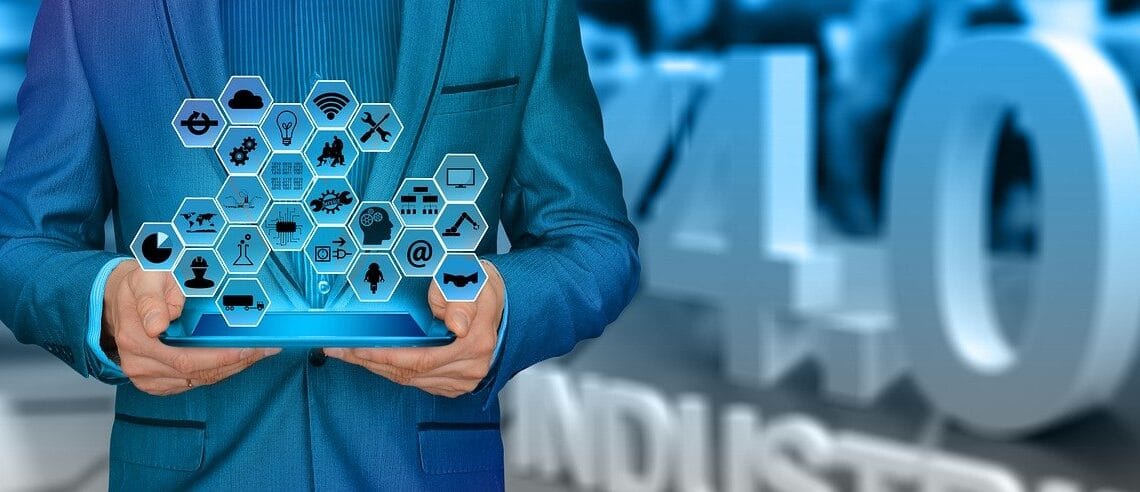In recent decades, technology has transformed various sectors. Just consider how, in industrial settings, the interaction with machinery has evolved, with machines becoming true technological marvels. They now contain electronic boards that resemble computers, requiring specific interfaces to enable users to operate them effectively. Companies like Gicar SRL offer products such as electronic boards, perfect for those looking to customize devices, equipment, and machinery.
Electronic Boards
In our introduction, we mentioned electronic boards, which are fundamentally the foundation upon which today’s electronic devices are built, ranging from smartphones to more industrially oriented products.
These boards contain all the essential electronic components needed to connect to and control the rest of the machinery. Among the most important components are microchips, along with transistors, capacitors, and much more.
Electronic boards are highly versatile and can be used within all types of devices. Today, technology allows for the creation of very small boards, like those found in smartphones.
Control Panels
While electronic boards can be used to program machinery, what truly allows for independent and flexible management is undoubtedly the presence of a dedicated control panel.
Today, control panels have evolved. They are designed to be simple and intuitive, enabling anyone to use them without requiring extensive training. Additionally, innovative solutions are available, such as soft-touch control panels, which are fully interactive and very comfortable to use.
Moreover, the ability to connect machinery and systems to a wireless network finally allows for remote control. This can be an excellent solution that makes the work of operators more efficient and safer.
Automation and IoT
Automation is what characterizes most industries today. Thanks to electronic boards and specialized software, machinery can autonomously perform a large number of tasks, particularly repetitive ones that do not require human presence. This allows employees to focus on other tasks, leading to a significant improvement in productivity across many sectors.
The future development of automation is influenced by the advent of modern artificial intelligences, which can deliver remarkable results. With AI, it is even possible to predict future needs and reorganize work based on these analyses.
Another element that has changed the landscape of industrial production is the internet. The web has now reached everywhere, thanks to what is known as the Internet of Things, often abbreviated as IoT. Machinery and systems can be interconnected within a local network and then connected to the internet. Entire software updates can be received, resolving bugs or enhancing performance. Furthermore, this connectivity is essential for remote control of systems, as discussed in the previous section.
Italian Version

